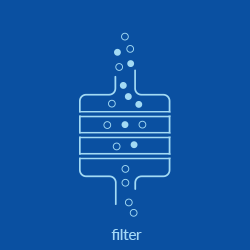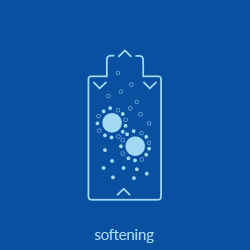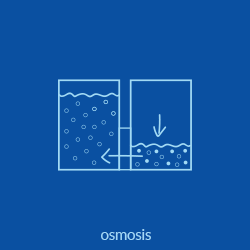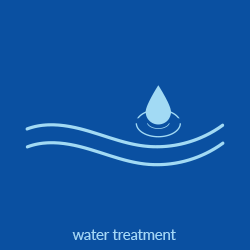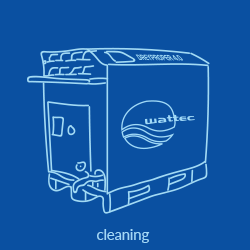Water Treatment Industry
Process Water Treatment
Chemicals play a crucial role in the treatment of process water, especially for controlling deposits, corrosion and feed water quality. This is because dirt and deposits lead to increased energy and water consumption.
The following chemicals are generally used for water purification:
Corrosion inhibitors:
Phosphates, silicates or organic inhibitors prevent corrosion in pipes and systems.
Precipitants:
Aluminum or iron (III) salts flocculate particles and reduce deposits
pH regulators:
Acids (e.g. sulphuric acid) or bases (e.g. caustic soda) regulate the pH value of the water to minimize corrosion.
Biocides:
Chlorine compounds or other disinfectants eliminate microbial growth in open circuits.
Softeners:
Ion exchange resins remove calcium and magnesium ions from hard water to prevent limescale deposits.
Filtration:
Physical processes such as sand, activated carbon or membrane filters remove suspended solids, particles or organic residues from the water.
Reverse osmosis:
Semi-permeable membranes are used to remove almost all salts, microorganisms and organic substances dissolved in the water, leaving almost pure water. In certain applications, minerals (e.g. calcium) can then be added to the water, for example when it comes into contact with people or food.

The combination of these processes and chemicals ensures that the water meets the specific requirements of the respective industry.

